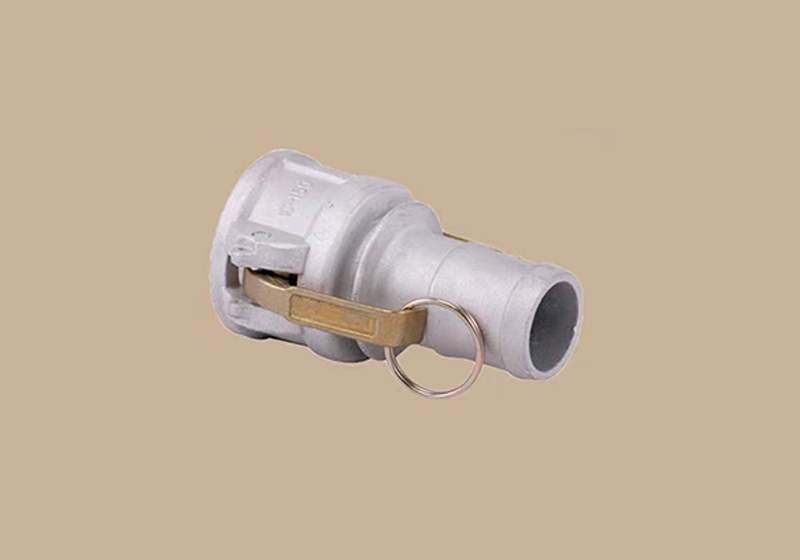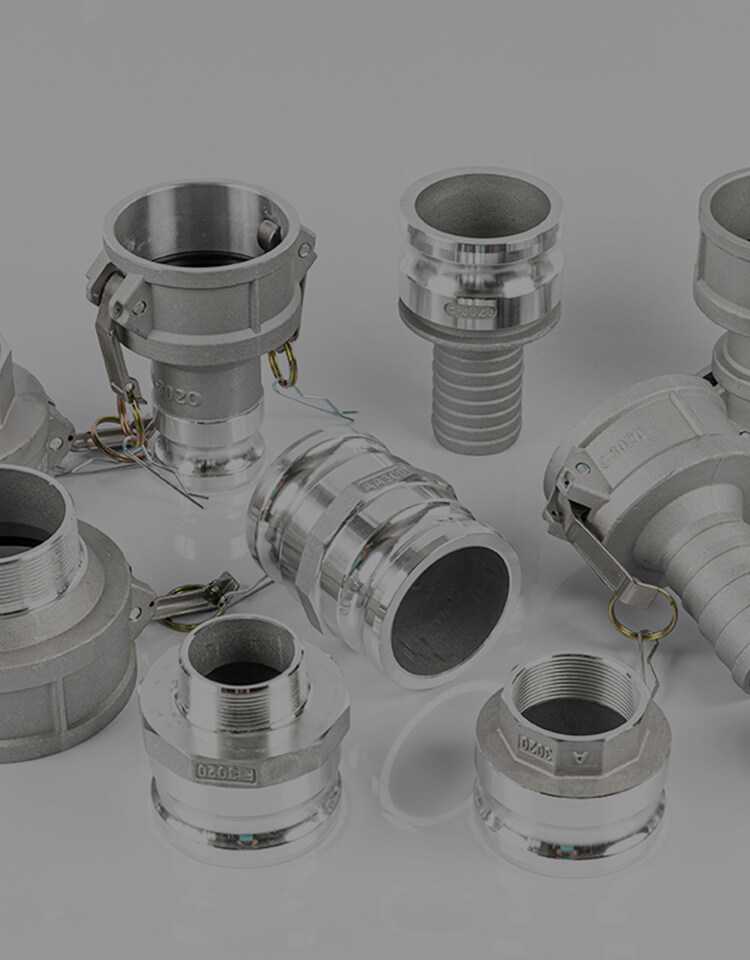Erreur de format d'e-mail
emailCannotEmpty
emailDoesExist
pwdLetterLimtTip
inconsistentPwd
pwdLetterLimtTip
inconsistentPwd

Nouvelles
Ici, vous pouvez décrire un morceau de texte que vous souhaitez exprimer

Tractor Supply Hydraulic Quick Coupler: A Comprehensive Guide
When it comes to hydraulic systems, having the right quick coupler is essential for efficient and seamless operations. In this blog post, we will explore the world of tractor supply hydraulic quick couplers, their importance, and various aspects related to them. So, let’s dive in!
Understanding Hydraulic Quick Couplers
Hydraulic quick couplers are devices used to connect and disconnect hydraulic lines quickly and easily. They provide a secure and leak-free connection, allowing for the efficient transfer of fluids in hydraulic systems. One popular type of hydraulic quick coupler is the tractor supply hydraulic quick coupler. These couplers are specifically designed for use in tractors and other agricultural machinery.
Male Quick Connect Couplings: A Closer Look
The quick connect couplings are an integral part of hydraulic quick couplers. They are designed to connect with female quick connect couplings, creating a secure connection. These couplings come in various sizes and configurations to accommodate different hydraulic systems’ needs. The male couplings typically have a protruding end with a locking mechanism that securely connects with the female couplings. Some couplings also feature a valve mechanism that prevents fluid leakage when disconnected.
Quick Connect Coupling Sizes: Finding the Right Fit
Choosing the right quick connect coupling size is crucial for ensuring a proper connection and optimal performance. The sizes are typically measured in inches or millimeters, and it is essential to match the male and female couplings’ sizes for a secure fit. The most common sizes include 1/4", 3/8", 1/2", 3/4", and 1". However, it is important to note that sizes can vary depending on the manufacturer and specific application. It is recommended to consult the manufacturer’s specifications or seek professional advice to determine the appropriate size for your hydraulic system.
Quick Connect Fluid Coupling: Enhancing Efficiency
A quick connect fluid coupling is a type of hydraulic quick coupler that allows for the quick and easy connection and disconnection of fluid lines. These couplings are designed to minimize fluid loss and provide a reliable and efficient connection. They are commonly used in applications where frequent connection and disconnection are required, such as in agricultural machinery. The fluid couplings often have a valve mechanism that prevents fluid leakage when disconnected. This feature not only enhances efficiency but also reduces the risk of environmental contamination.
Wholesale Quick Coupler: Cost-effective Solutions
For businesses or individuals looking to purchase hydraulic quick couplers in bulk, wholesale quick couplers are an excellent option. Wholesale suppliers offer competitive prices and a wide range of quick coupler options to choose from. This allows for cost-effective solutions without compromising on quality. Whether you need a specific size or configuration, quick couplers in wholesale can provide the quantity and variety required for your hydraulic system. Additionally, some wholesale suppliers may offer customization options to meet your unique needs.
Faster Quick Coupler: Boosting Productivity
In today’s fast-paced world, every second counts. A faster quick coupler can significantly enhance productivity by reducing the time required for connecting and disconnecting hydraulic lines. These couplers are designed with advanced mechanisms that enable quick and effortless coupling, saving valuable time and effort. Some faster quick couplers feature a push-to-connect or twist-to-connect mechanism, allowing for rapid and secure connections. Additionally, these couplers may have ergonomic designs that make them easier to handle, further improving efficiency.
Maintenance and Safety Considerations
While tractor supply hydraulic quick couplers offer convenience and efficiency, it is crucial to prioritize maintenance and safety to ensure their optimal performance and prevent any potential issues. Here are some important maintenance and safety considerations to keep in mind:
Regular Inspection: Regularly inspect the hydraulic quick couplers for any signs of wear, damage, or leakage. Look for cracks, corrosion, or loose fittings. If any issues are detected, replace or repair the coupler immediately.
Cleaning: Keep the quick couplers clean and free from dirt, debris, and contaminants. Use a soft brush or cloth to remove any buildup that may affect the coupler’s performance. Avoid using harsh chemicals or abrasive materials that could damage the coupler.
Lubrication: Follow the manufacturer’s guidelines for lubrication. Apply a suitable lubricant to the coupler’s moving parts to reduce friction and ensure smooth operation. Regular lubrication helps prevent wear and extends the coupler’s lifespan.
Proper Storage: When not in use, store the hydraulic quick couplers in a clean and dry environment. Protect them from extreme temperatures, moisture, and direct sunlight. Consider using protective caps or plugs to prevent dust or debris from entering the coupler’s openings.
Training and Education: Properly train and educate operators on the correct usage and handling of hydraulic quick couplers. Ensure they understand the coupler’s specifications, limitations, and safety protocols. Emphasize the importance of following proper procedures to prevent accidents and injuries.
Safety Gear: Operators should wear appropriate personal protective equipment (PPE) when working with hydraulic quick couplers. This may include gloves, safety glasses, and protective clothing. PPE helps protect against potential hazards, such as fluid leaks or accidental disconnections.
Secure Connections: Always ensure that the quick couplers are securely connected before operating the hydraulic system. Double-check the locking mechanisms and verify that the couplers are properly engaged. Loose or improperly connected couplers can lead to leaks, pressure loss, or equipment damage.
Pressure Relief: Before disconnecting hydraulic lines, relieve the system pressure to prevent sudden releases of pressurized fluid. Follow the manufacturer’s instructions or consult a professional to safely depressurize the system.
Training for Emergency Situations: In the event of a hydraulic fluid leak or other emergency, operators should be trained on how to respond quickly and effectively. This may include shutting off the hydraulic system, containing the leak, and notifying appropriate personnel.
Regular System Maintenance: In addition to maintaining the quick couplers, it is essential to perform regular maintenance on the entire hydraulic system. This includes checking fluid levels, inspecting hoses and fittings, and addressing any issues promptly.
Conclusion
Tractor supply hydraulic quick couplers play a vital role in ensuring the smooth operation of hydraulic systems in tractors and agricultural machinery. Understanding the various aspects of these couplers is essential for selecting the right one for your needs. Whether you opt for a quick connect fluid coupling or explore wholesale options, choosing the right coupler can enhance efficiency and productivity.

